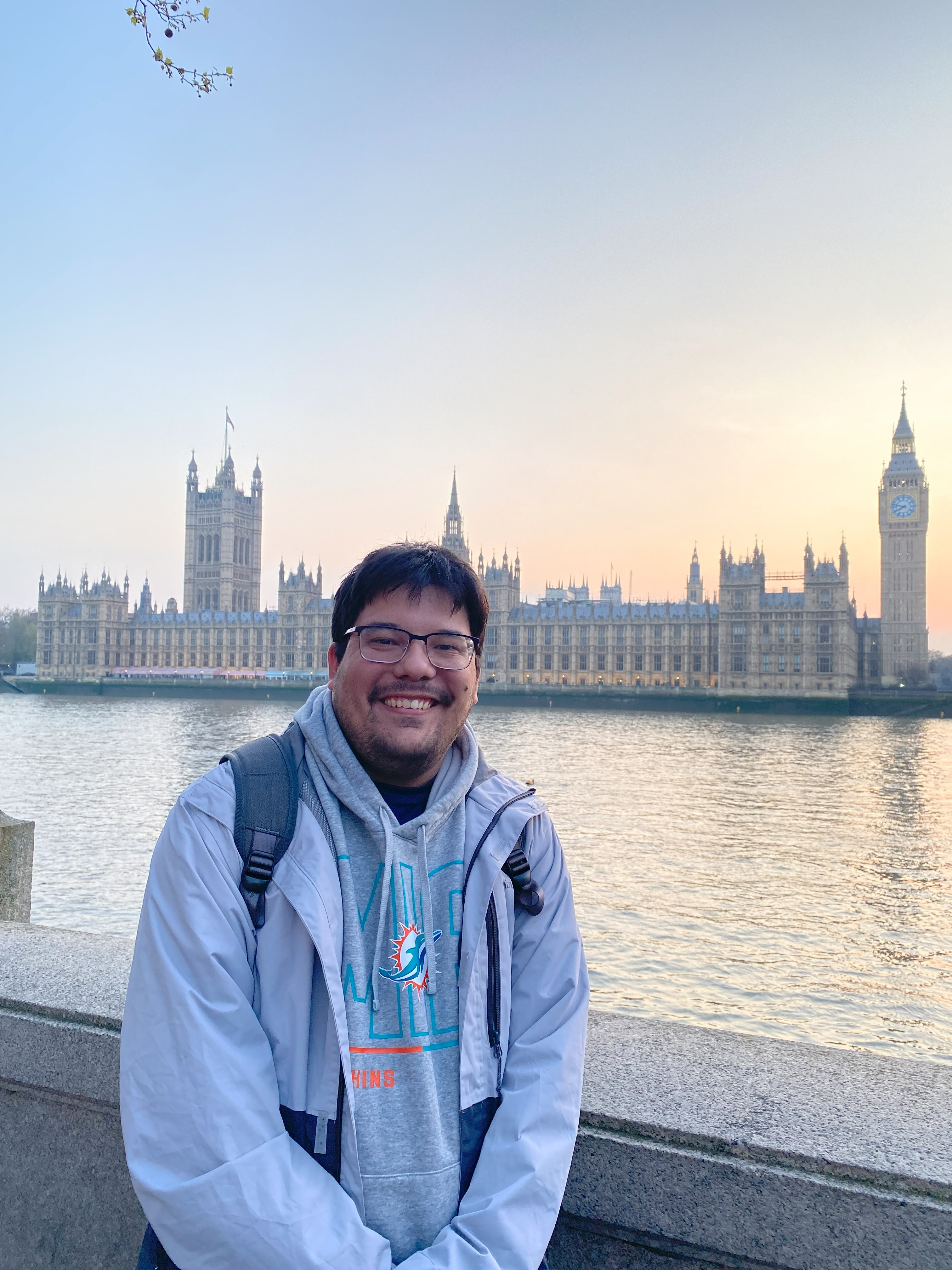City files appeal in federal court’s decision on referendum petition

The city of Atlanta has filed an appeal following a federal court decision released last week in favor of opponents of the Atlanta public safety training center that allows non-residents to collect signatures in the petition drive that could force the issue to a referendum.
The city’s filing asks that the court ruling, which also restarted the 60-day deadline for collecting the requisite 70,000 signatures, not take effect until the appeal can be ruled upon.
The city argues the decision “rewrites the state statue and city ordinance,” and alleges that is a power the court does not have. According to court documents, if any part of the decision is reversed by the Eleventh Circuit, the city believes “it will cause chaos and unnecessary expenses for the petition process.”
According to court documents, the city provided official copies of the petition without the residency requirement to organizers on Thursday. The city argues the new petitions are out of compliance and opens up the city to potential legal action by the state.
In his decision, Cohen wrote that the city’s residency requirement “imposes a severe burden on core political speech” and that the city failed “to present any argument that the requirement is narrowly tailored to serve a compelling government interest.”
“But requiring signature gatherers to be residents of the city imposes a severe burden on core political speech and does little to protect the city’s interest in self-governance,” Cohen wrote. “Because this court finds that plaintiffs are likely to succeed on their First Amendment claim, plaintiffs have established irreparable harm.”
The city claims the residency requirement is based on a 34-year-old state statue and was not invented by the city specifically for the referendum petition about the training center. The city argued that it is simply following state law.
“Yet, the Court’s grant of a 95-day collection period implies a degree of punishment to the City for its compliance with state law, or as compensation toward the Plaintiffs, rewarding them with an additional 35 days of collection,” attorneys for the city wrote.

“Restarting the clock and keeping the previous signatures is simply not permitted under the statute,” the city wrote. “Not only is the remedy inappropriate, but it invites significant confusion, delay and expense.”
The city is still arguing the referendum petition drive is invalid regardless of how many signatures are collected, or who collects them.
“If the supporters garner enough signatures, then they will present the petition to the city council, which will have no choice under (state law) but to reject the petition,” the city wrote. “Allowing Plaintiffs to collect signatures does not make it any more likely that the referendum will get on the ballot.”
The city argues that all the injunction does, at this point, is cause unnecessary “hassle, confusion and expense for a process that is ultimately futile under binding Georgia Supreme Court precedent.”
In a statement, petition organizers said the judge’s decision was very clear and the city should let the people decide on the training center.
“Judge Cohen was very clear in his ruling. We expect the same from any appeal,” Mary Hooks, tactical lead for the referendum, said in a statement. “We’re disappointed that the Mayor’s Office is choosing to waste tax dollars fighting to limit Atlanta residents’ democratic right to decide the fate of Cop City.”
Organizers of the petition drive announced last week the group had already collected more than 30,000 signatures. The announcement was made just weeks before the original deadline of Aug. 19, by which time the Cop City Vote coalition must have 70,000 signatures of registered Atlanta voters signed to petitions.
Organizers hope to have more than that number ready to go a week before the deadline.
If the referendum petition is approved, the vote on the ballot referendum could come as soon as this year’s general election on Nov. 7, or on March 12, 2024, the day of Georgia’s presidential primary.


